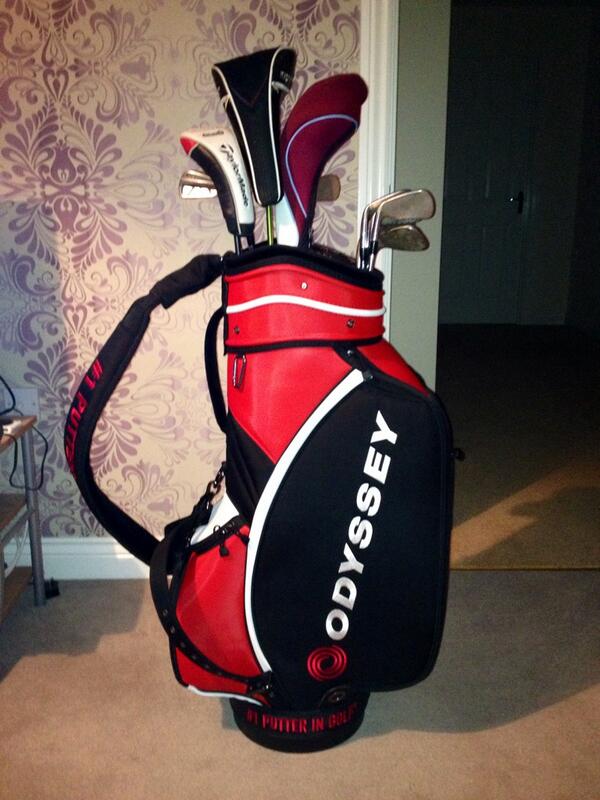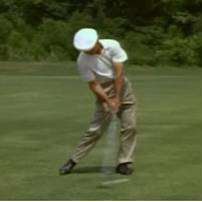Note: This thread is 3267 days old. We appreciate that you found this thread instead of starting a new one, but if you plan to post here please make sure it's still relevant. If not, please start a new topic. Thank you!
-
Topics Being Discussed Right Now on The Sand Trap
-
"5 Minutes Daily" Practice Challenge 1 2 3 4 1015
By iacas, in Instruction and Playing Tips
- 5 minutes daily
- dedication
- (and 6 more)
- 18,266 replies
- 1,854,982 views
-
- 11,043 replies
- 988,190 views
-
- 86 replies
- 7,780 views
-
- 3,060 replies
- 396,370 views
-
- 5 replies
- 1,662 views
-







Recommended Posts
Create an account or sign in to comment
You need to be a member in order to leave a comment
Create an account
Sign up for a new account in our community. It's easy!
Register a new accountSign in
Already have an account? Sign in here.
Sign In Now